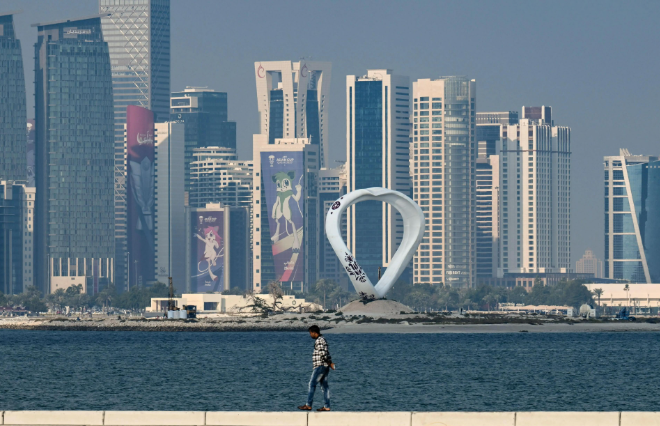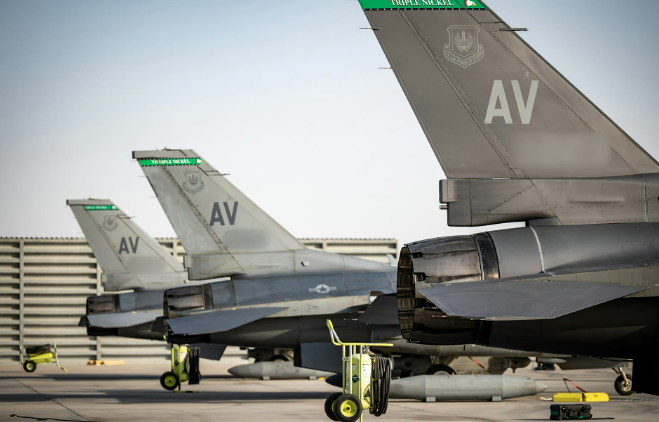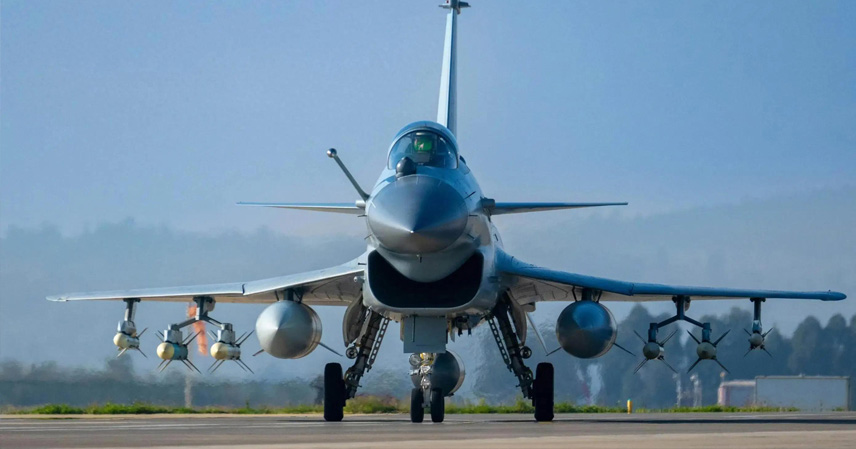Qatar has launched a two-pronged counterattack against Israel, leaving Prime Minister Benjamin Netanyahu scrambling for a response. Instead of confronting the real challenge emerging in the Middle East, Netanyahu turned his attention toward China—an unusual move that may reveal just how precarious his position has become.
For years, Qatar has been seen as a small state surviving through strategic balancing, leveraging ties with major powers. Yet in the face of Israel’s regional dominance, Qatar delivered two strong blows.
The first came through defense diplomacy. Following high-level talks between Qatari officials and Pakistan’s president, reports surfaced suggesting that Qatar was considering purchasing China’s J-10CE fighter jets. Whether Qatar ultimately opts for J-10CEs, JF-17s, or other Chinese-made systems, the message is clear: Doha seeks greater independence in defense rather than continued reliance on U.S. protection. If Qatar were to add advanced Chinese air defense systems, Israel could face another layer of strategic threat—alongside Iran’s S-400s—challenging its air dominance in the region.

The second blow was even more powerful. On September 15, Qatar hosted a landmark Gulf summit in Doha, bringing together leaders or senior envoys from Iran, Saudi Arabia, the UAE, and other Arab and Islamic nations. The unprecedented gathering was widely seen as a “Middle East security summit,” where Arab and Islamic states demonstrated rare unity in the face of Israeli military actions. Discussions even touched on forming a joint defense mechanism—potentially a multinational security force capable of deterring large-scale conflicts.
This summit underscored Qatar’s growing influence. Once underestimated, Doha’s persistent mediation efforts across the region have won it respect and credibility far beyond the Gulf. From Israel’s perspective, such solidarity among Arab and Islamic nations could prove devastating. For decades, Tel Aviv’s strategy relied not only on U.S. backing but also on divisions within the Arab world, which limited effective collective resistance. A united Middle East front changes that equation.
Equally significant is the impact on U.S. strategy. With American bases in Qatar and across the Gulf serving as pillars of U.S. influence post-Afghanistan, Washington’s presence depends heavily on regional governments’ reliance on its security guarantees. Should Middle Eastern nations succeed in forming a joint defense force, U.S. bases—and by extension, U.S. leverage—would be increasingly redundant. That scenario could leave Israel dangerously exposed.

Yet rather than directing his anger at Qatar or its summit partners, Netanyahu took aim at China. According to recent reports, the Israeli leader accused Beijing of aligning with Qatar in a coordinated campaign on social media, aimed at delegitimizing Israel’s military actions and isolating it internationally.
This narrative echoes a familiar tactic: deflection. Just as some Western leaders have downplayed or distorted history—such as EU foreign policy chief Kaja Kallas controversially minimizing China and Russia’s role in defeating Nazi Germany—Netanyahu now seeks to paint China as the villain. By doing so, he attempts to bind the U.S. more tightly to Israel’s cause, casting criticism of Israel as part of a broader geopolitical contest.

But the reality is harder to spin. Growing discontent with Israel’s policies is not confined to adversaries; even allies are expressing frustration. By blaming China, Netanyahu risks alienating a major global power while distracting from the deeper problem—Israel’s diminishing support worldwide.
As Middle Eastern nations rally and U.S. patience thins, Netanyahu’s political maneuvering may only deepen his isolation. For Israel’s embattled leader, the coming months could be his most dangerous yet.
References
- Reports on Qatar-Pakistan defense talks and potential Chinese fighter jet deals
- International media coverage of the September 15 Doha summit
- Statements from Netanyahu and Israeli officials regarding China and Qatar



